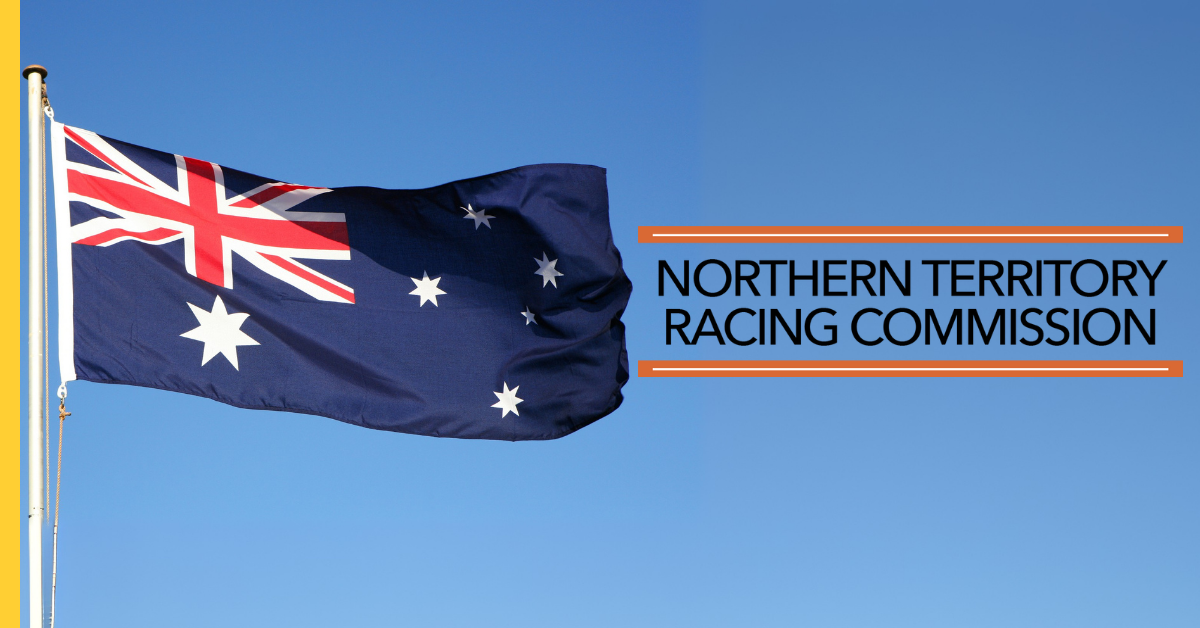Australia’s A$50bn online gambling industry came under intense scrutiny this week after a local media outlet brought several allegations against the industry.
ABC’s Four Corners programme on Monday (6 October) exposed widespread conflicts of interest and regulatory failings within the Northern Territory’s Racing and Wagering Commission, the de facto national regulator for online gambling.
The investigation, titled Losing Streak, alleged that the six-member Northern Territory Racing and Wagering Commission has become a part-time, industry-friendly body lacking transparency and independence.
The commission, chaired by Alastair Shields, includes members with close personal and professional ties to the gambling industry.
Among these are Susan Kirkman, Rachel Shanahan, Cindy Bravos, Scott Perrin, and Ian Curnow.
Despite its national oversight role, ABC reports that the commission has no permanent staff and relies on Licensing NT for support.
According to the report, the commission has not filed an annual report since 1993 and long ago removed a clause preventing its members from owning racehorses.
The investigation found that six of the past 10 commissioners, including Shields and Curnow, owned horses at some point.
Shields also admitted attending the Darwin Cup as a guest of online gambling companies and disclosed his own Sportsbet account and horse syndicate membership.
Former commissioner Amy Corcoran, now employed by online gambling company Dabble, also owned racehorses.
The film showed that she also failed to recuse herself from decisions related to major bookmaker Matt Tripp, with whom her husband co-owned a horse.
Four Corners determined that, out of 170 published findings of the commission’s investigations since 2017, only one-third resulted in action against bookmakers.
In addition, the report revealed that the commission has neither cancelled nor suspended any operator’s licence for disciplinary purposes.
Licence to shill
The programme highlighted comments from former NT licensing official Philip Timney, who allegedly told industry stakeholders that the Territory had “never cancelled a licence” and was “unashamedly open for business.”
Critics said this approach exemplified the regulator’s pro-industry stance and its failure to protect consumers from predatory gambling practices.
Independent MP Kate Chaney described the commission as “a body that’s much more about serving industry than serving the community.”
She previously served on a federal parliamentary committee that made 31 recommendations to reduce gambling harm, none of which have been implemented by the government.
Lawyer Jason Munstermann, representing a complainant against a bookmaker, said the commission’s limited powers and lack of professional hearings prevented effective oversight.
Fines imposed on operators for breaches were deemed minor compared to profits gained through harmful conduct.
In a dramatic scene captured by Four Corners, journalist Steve Cannane confronted Shields about multi-year delays in hearing complaints and ongoing conflicts of interest.
Shields refused to respond and left the scene alongside fellow commissioner Curnow.
The programme compared the NT’s minimal oversight with Denmark’s well-funded gambling regulator, which employs 150 staff and prohibits conflicts of interest or hospitality from operators.
The contrast underscored the Four Corners report’s central finding — that Australia’s regulatory paradigm is inherently flawed, with the onus of reform resting on a government that has yet to act.
Racing Minister Marie-Clare Boothby declined a request by the programme to answer questions about whether reforms or investigations into conflicts of interest are forthcoming.
The NT Government claimed the Department of Tourism and Hospitality is reviewing potential conflicts within the commission, though no details have been provided.
Share

